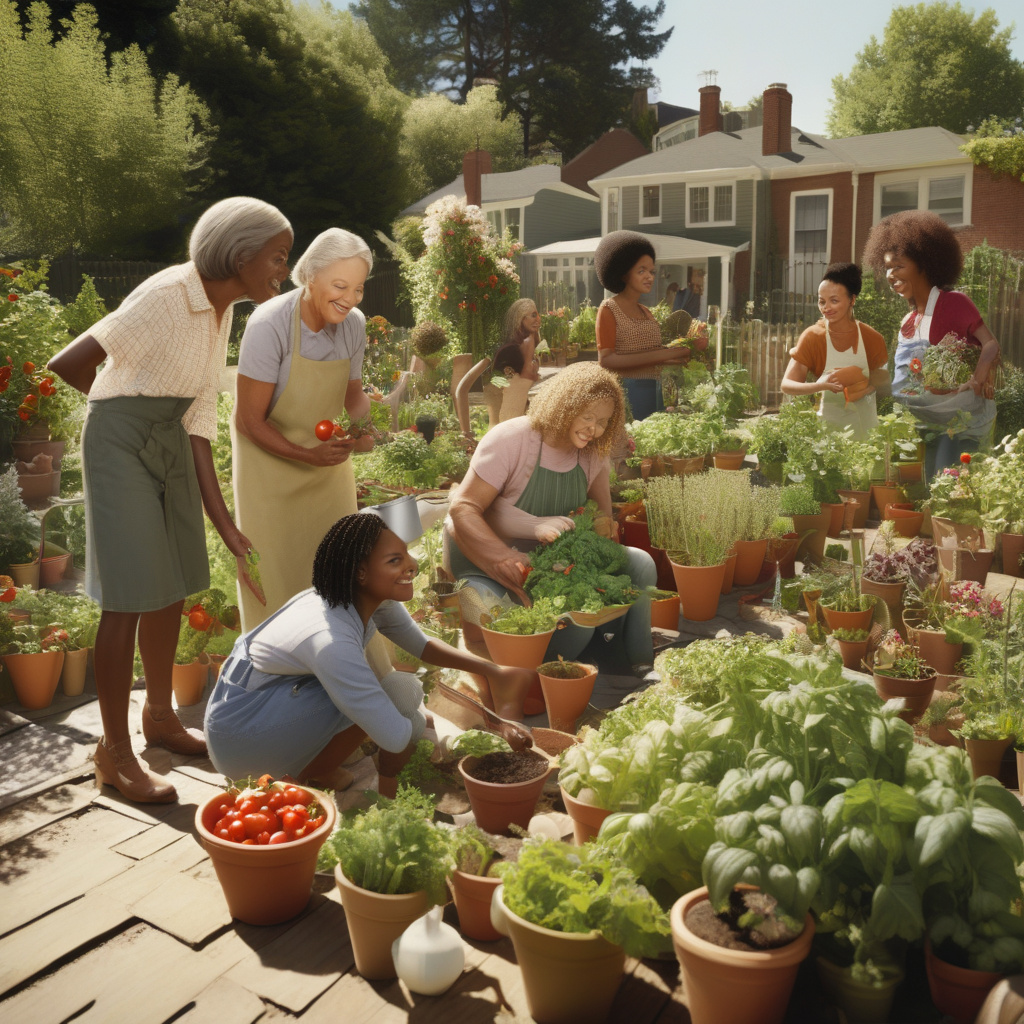Are Inflation-Weary Consumers Growing Their Own Food?
In times of economic uncertainty and rising inflation rates, consumers are seeking innovative ways to save money and ensure a sustainable food source. The latest report from Purdue University sheds light on a growing trend among inflation-weary consumers – gardening. What was once considered a hobby for enthusiasts has now evolved into a practical task for many households looking to reduce their grocery bills and maintain a steady supply of fresh produce.
The allure of growing one’s food has become increasingly popular for several reasons. Firstly, it offers a cost-effective solution to combat the escalating prices of fruits and vegetables in supermarkets. By investing time and effort in a home garden, consumers can significantly cut down on their grocery expenses while enjoying the satisfaction of harvesting their crops.
Moreover, the desire for organic and pesticide-free produce has fueled the trend of home gardening. With concerns about the use of chemicals in commercial farming practices, more consumers are turning to gardening as a way to ensure the quality and safety of the food they consume. By growing their fruits and vegetables, individuals have full control over the cultivation process, from seed to harvest.
Beyond the financial and health benefits, gardening also provides a sense of self-sufficiency and resilience. In a world where external factors can disrupt food supply chains, having a home garden offers a level of security and independence. Whether it’s a small backyard plot or a collection of pots on a balcony, cultivating one’s food empowers individuals to take charge of their nutritional needs.
The surge in gardening activities has not gone unnoticed by retailers and e-commerce platforms. Many businesses have capitalized on this trend by offering a wide range of gardening supplies, from seeds and soil to tools and accessories. Online tutorials and workshops have also proliferated, catering to novice gardeners looking to hone their skills and maximize their harvest.
As consumers continue to navigate the challenges posed by inflation and economic instability, the trend of growing one’s food is expected to gain even more traction. By embracing gardening as a practical and fulfilling endeavor, individuals can not only save money and eat healthier but also contribute to a more sustainable and resilient food system.
In conclusion, the report from Purdue University underscores the growing interest in home gardening as a response to inflation and changing consumer preferences. What started as a hobby has evolved into a strategic approach for consumers to mitigate rising food costs, ensure food safety, and foster self-reliance. As more individuals discover the joys and benefits of growing their food, the trend is likely to continue shaping the way we approach food consumption and sustainability in the future.
gardening, inflation, consumer behavior, sustainability, food security
